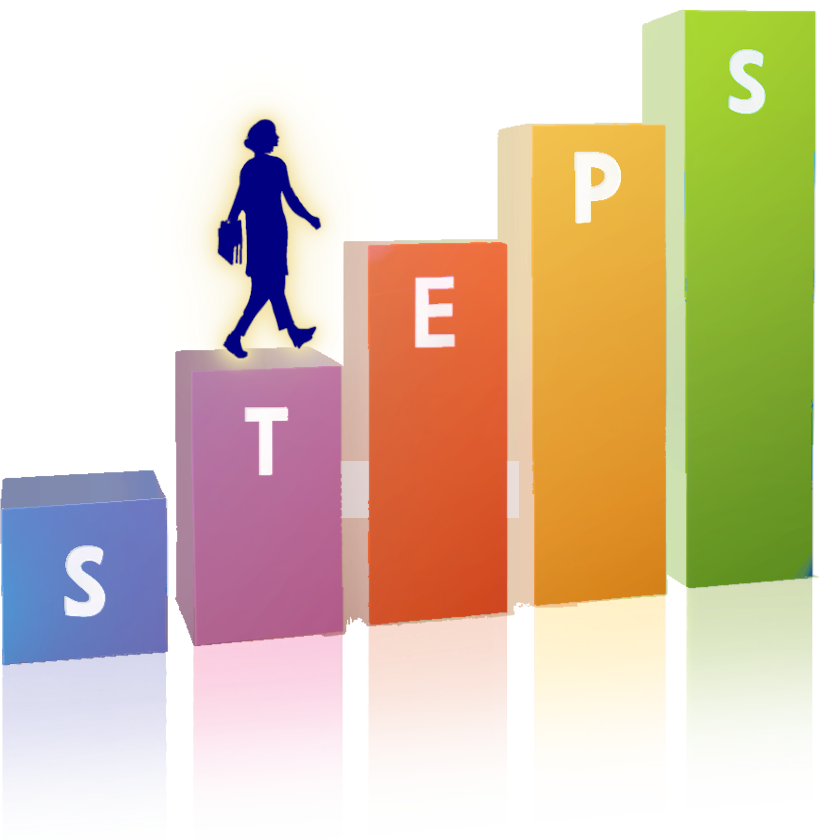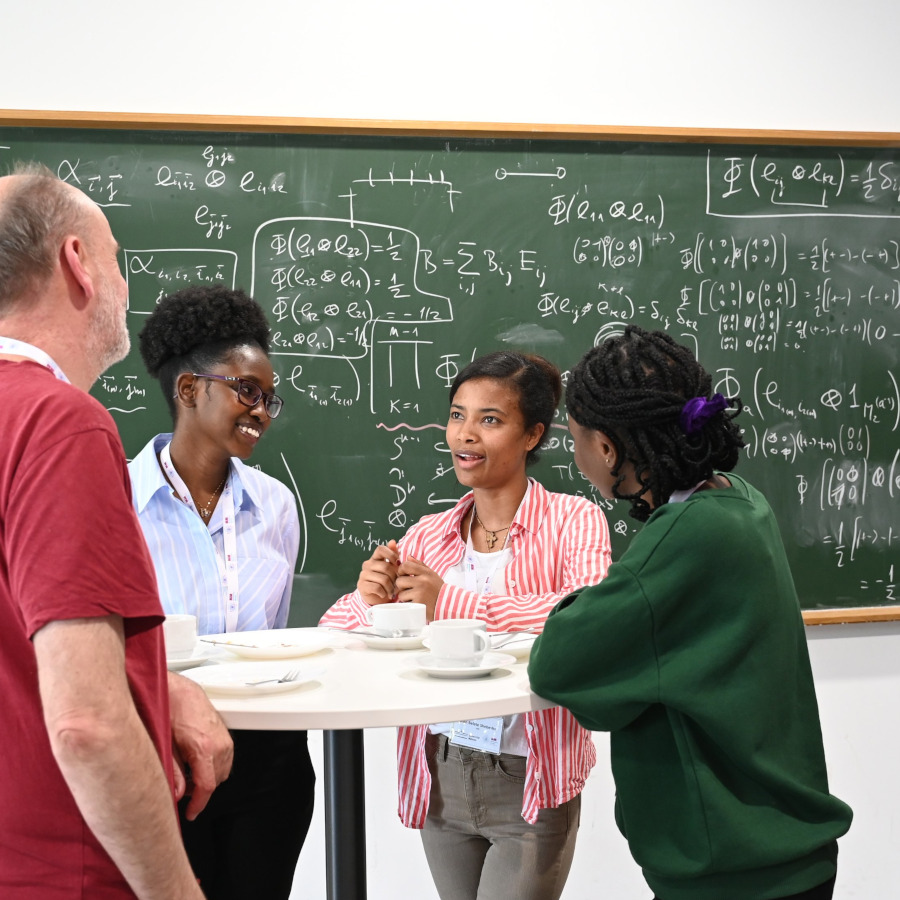
Early Career STEPS

The STRUCTURES Training and Education Programme for Success (STEPS) supports early-career researchers and promotes a diverse and family-friendly workplace. The approach behind STEPS is based on the fact that a successful career is made by advancing step-by-step. and that each step along the career path requires specific skills and competences. STEPS focuses particularly on transition points – such as from doctoral researcher to postdoc or from postdoc to tenured/tenure track faculty. These transitions are particularly critical for women in academia. The main components of STEPS' early-career support measures are a strong mentoring programme, early independence and international networking:
Mentoring ProgrammeThe STEPS mentoring programme offers customized support at all career levels by pairing an early-career researcher with a mentor. The mentor will help the early-career scientist settle in upon arrival, provide guidance and advice, and prepare them for the transition to their next career step, which might be taken within Heidelberg University or with another employer. The mentorship relation will benefit not only the mentee, but also the mentor as reflecting on own experiences will be valuable for planning out the next career steps. STEPS encourages collaboration between different career stages. By including all career phases, from doctoral researchers to professors, and adding new tenure-track positions, STEPS enhances career development in a field that has significant gaps in traditional German academic tracks.
Early IndependenceTo support early-career scientists develop early independence and pursue their own ideas, doctoral and postdoctoral researchers in STRUCTURES receive a budget for visitors and conferences, allowing them to organize their own lecture series, invite speakers, and run workshops and meetings. Upon request, all senior researches, in particular the STRUCTURES Fellows, are available for scientific advice and input. This allows early-career scientists in STRUCTURES to establish ties to distinguished researchers worldwide and to set up a fruitful collaborative network. The experience and skills they obtain are not only important assets for a successful career in academia, but are also beneficial for a position in industry or public services. Doctoral and postdoctoral researchers in STRUCTURES have built their own Young Researchers Convent and elected representatives who speak on their behalf in the steering committee. The representatives are also responsible to discuss the budget with the STRUCTURES management.
International NetworkingThe continuous exchange of scientific ideas and knowledge in a stimulating collaborative network is of vital importance for a successful career path in academia. STRUCTURES College provides the setting for that, creating a vibrant environment for scientific debate with leading scientists, frequent international workshops, special lecture series and summer schools, and strong worldwide research collaborations. The internationality of groups in STRUCTURES and the research links of the PIs provide an ideal environment for early-career scientists to start building their own scientific network.

Trust Professors
The Young Researchers Convent (YRC) has designated four trusted professors to provide confidential assistance to STRUCTURES members who seek it. Our trust professors offer their support and guidance for early-career researchers. They can mediate in case of issues with your group or your supervisor, or if you are simply in need of helpful advice.
Learn more
Young African Mathematicians (YAM) Initiative
The STRUCTURES-YAM fellowships are a crucial element in our efforts to promote equal access and diverse international collaboration with early-career researchers from the Global South. YAM is an exchange programme in partnership between four German clusters of excellence and the African Institute for Mathematical Science (AIMS). YAM enables outstanding graduates from the AIMS Master Programme to spend an academic year at a leading German research institution, where they conduct research under the supervision of a professor, participate in a structured course programme and immerse themselves in a rich and stimulating environment.
Learn more